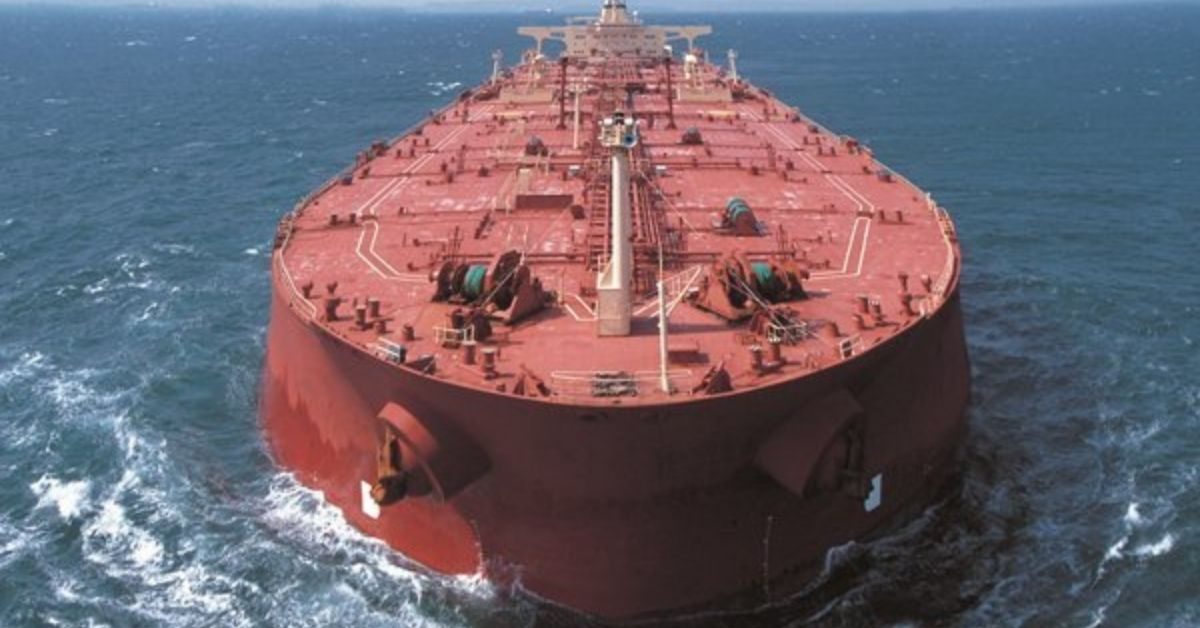Russian natural-gas giant Gazprom PJSC threatened to further throttle exports to Europe via Ukraine from next week, putting in question one of the last remaining routes for Russian gas to reach Europe.
The pipeline via Ukraine is one of two functioning gas-pipeline links between Russia and Europe, along with a route via Turkey. Moscow this year has cut off most of its once-plentiful gas exports to Europe in what Western governments say is retaliation for their support for Ukraine in the war.
Russia shut off the largest route, the Nord Stream pipeline to Germany, in September, blaming technical issues caused by Western sanctions against Moscow.
As a result, Russia’s leverage over Europe’s energy market has shrunk drastically. Moscow’s share of Europe’s gas imports has fallen from around 40% before the war to under 10%. Still, with cold weather about to blanket the continent, any disruption could affect Europe’s supply of the fuel and push up gas prices, which have eased in recent weeks.
On Tuesday, Gazprom said that Ukraine was withholding Russian gas destined for neighboring Moldova. The Kremlin-controlled exporter said it would curb some of the flows to Ukraine from Monday if the issue wasn’t resolved.
The volume of gas supplied by Gazprom “for transit to Moldova through the territory of Ukraine exceeds the physical volume transmitted at the border of Ukraine with Moldova,” the company said in a statement.
Gazprom didn’t detail how much gas it could cut off on Monday and it wasn’t clear how European customers would be affected.
Ukrainian state energy company NJSC Naftogaz didn’t immediately respond to a request for comment.
European benchmark gas prices rose around 4% following the announcement but gave up most of those gains to trade up around 1.5%. Still, prices are up around 180% from the same time last year.
Milder weather this fall has allowed European governments to fill their gas-storage facilities nearly to the brim. Industrial consumers, meanwhile, have reduced their gas usage, partly driven by curbed production due to high gas prices.
That has eased Europe’s gas crisis, though analysts warn that a cold spell in the winter months or an outage of a major supply route could still lead countries like Germany to ration energy.
In September, a series of blasts damaged the Nord Stream pipelines in what European governments have called an act of sabotage. While investigations continue, some European officials have blamed Moscow, charges the Kremlin has denied.
A cutoff of the remaining Russian gas flows to Europe could also jeopardize Europe’s preparations for next winter, when it would have less gas in storage to start with.
“As we are currently seeing unusually mild temperatures in Europe, the risk of immediate disruptions is somewhat remote,” said George Voloshin, a specialist on Russian energy and an expert at the Association of Certified Anti-Money Laundering Specialists.
“But it is clear that Russia is playing the usual game of using gas as an energy weapon to accelerate, to the extent it can, economic problems in the European Union in the hope that this will lead to a split among member states regarding the war in Ukraine and sanctions against Russia,” he said.







